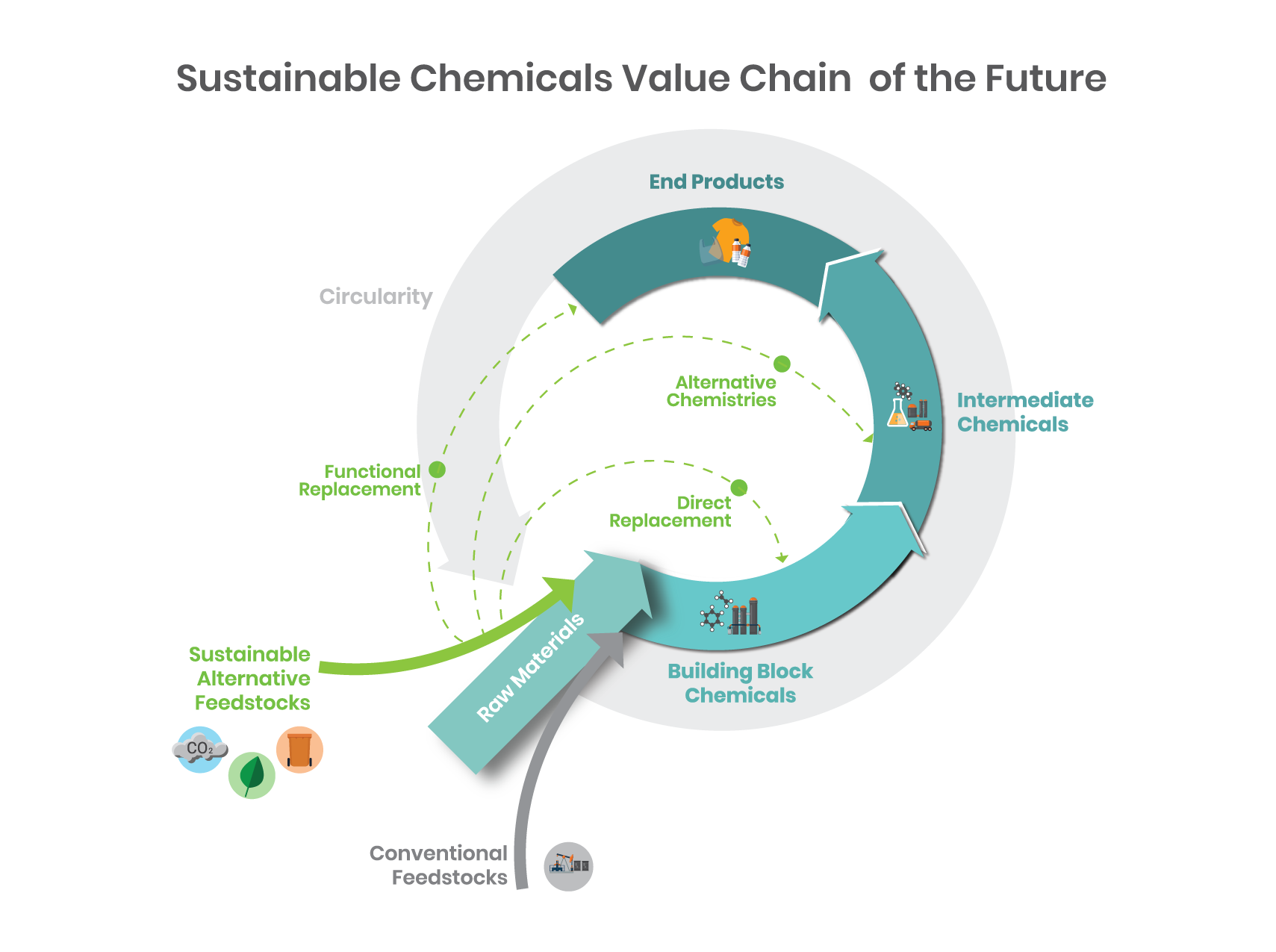How to Choose the Best Chemical Products for Your Specific Sector Demands
How to Choose the Best Chemical Products for Your Specific Sector Demands
Blog Article
Trick Factors To Consider for Choosing the Right Chemical Products to Achieve Effective Integrated Solutions in Your Operations
Selecting the suitable chemical items for incorporated solutions in operations needs a complex method that includes different critical considerations. From examining chemical compatibility to making certain adherence to regulatory standards, each aspect plays a crucial duty in maximizing functional performance and safety and security.
Recognizing Chemical Compatibility

To examine compatibility, one should take into consideration aspects such as the chemical homes of the materials involved, consisting of pH, focus, temperature, and the visibility of impurities. Using compatibility graphes and databases can supply important insights right into potential interactions. In addition, conducting small-scale examinations can assist determine unpredicted reactions that may not be documented.
Moreover, understanding the environmental conditions in which the chemicals will certainly be saved or made use of is vital. Elements such as moisture, light exposure, and temperature can influence the stability and reactivity of chemical products. By prioritizing chemical compatibility during the choice process, organizations can improve functional effectiveness, minimize the danger of mishaps, and make sure conformity with security procedures. Eventually, an informed approach to chemical compatibility is fundamental for keeping risk-free and efficient operational settings.
Evaluating Governing Compliance
In the facility landscape of chemical product option, examining regulatory compliance is paramount to making certain not only safety and security but additionally legal adherence. Organizations needs to browse a myriad of policies, from regional and nationwide laws to worldwide criteria, that govern the use, storage space, and disposal of chemical materials. This requires a detailed understanding of applicable guidelines such as the Occupational Safety and Health Management (OSHA) criteria, the Epa (EPA) guidelines, and the European Union's Registration, Examination, Authorisation and Constraint of Chemicals (REACH)
When picking chemical items, it is vital to verify that providers supply Security Information Sheets (SDS) that information prospective dangers and managing needs. In addition, organizations need to validate that the chemicals adhere to industry-specific laws, which might impose extra specifications. Non-compliance can result in extreme charges, including penalties and operational closures.
Furthermore, companies must stay upgraded on regulative changes, as non-compliance can emerge from out-of-date practices. Creating a robust conformity strategy, consisting of regular audits and worker training, can aid make sure adherence to current guidelines. Ultimately, prioritizing governing conformity not only minimizes risk however additionally enhances the organization's track record and operational performance.
Assessing Environmental Impact
Exactly how can companies effectively evaluate the ecological influence of chemical items throughout the selection process? A complete evaluation requires a diverse technique, including information on the life process of items, from Going Here manufacturing to disposal. Organizations needs to start by recognizing the possible threats linked with each chemical, consisting of poisoning, perseverance in website here the setting, and bioaccumulation capacity. Using tools such as Safety Data Sheets (SDS) and ecological threat evaluations allows a clearer understanding of these factors.
Additionally, companies can leverage third-party certifications and eco-labels that suggest compliance with environmental criteria - Chemical Products. Engaging with suppliers who focus on sustainability practices can likewise enhance the choice procedure. It is important to assess not only the straight results of chemical usage however additionally the indirect effects, such as power consumption and waste generation
Carrying out life cycle analysis (LCA) approaches can supply detailed understandings into the ecological impact of chemical products, highlighting locations for renovation. By prioritizing transparency and collaboration with stakeholders, companies can make educated choices that align with their sustainability objectives while reducing unfavorable ecological results. This proactive technique inevitably cultivates a more responsible and eco-conscious operational structure.
Analyzing Cost-Effectiveness
While evaluating chemical items for functional usage, companies have to also consider cost-effectiveness as an important consider the selection process. This involves assessing not only the first purchase cost but also the total price of ownership, which includes variables such as usage performance, maintenance, and disposal expenses. Chemical Products. An item that appears cost-effective upfront might sustain higher prices in energy consumption or require more regular replacement, inevitably influencing the bottom line
Furthermore, organizations should assess the capacity for price savings via maximized formulations that boost performance and lower waste. Products that require reduced application rates or provide faster handling times can lead to considerable savings over time. It is also important to take into consideration the impact of regulatory conformity prices, as non-compliance can cause penalties and enhanced functional costs.
In addition, companies ought to examine the long-term value acquired from the chemical items, including improved top quality, increased performance, and boosted safety and security. An extensive cost-effectiveness analysis empowers companies to make educated choices that align with both their monetary objectives and functional goals, inevitably leading to sustainable and reliable practices.
Identifying Distributor Reliability
Supplier dependability is extremely important when choosing chemical items for procedures, as it directly affects both item quality and operational efficiency. A trustworthy distributor continually supplies high-grade products on time, ensuring that your procedures remain continuous.
Next, consider the supplier's background of compliance with policies and standards. A respectable provider should have a durable quality control program that follows industry standards. Additionally, review their capability to provide technological support and item information, which is critical for notified decision-making.

Conclusion
In verdict, picking the proper chemical items for integrated solutions demands a thorough examination of a number of vital elements. Understanding chemical compatibility, ensuring governing compliance, assessing ecological impacts, assessing cost-effectiveness, and determining dependable distributors jointly add to notified decision-making.
Report this page